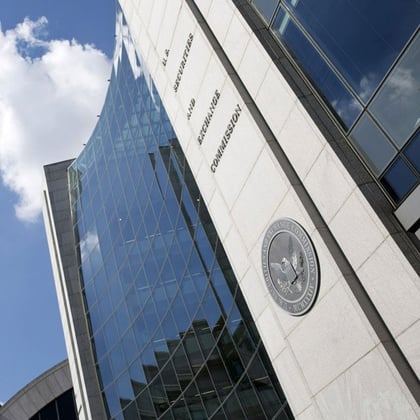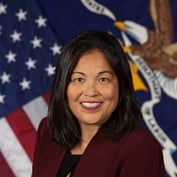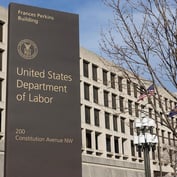The Securities and Exchange Commission lived up to its promise of passing some pretty big rules in 2023, with more likely on tap to get the commission’s approval in 2024.
Karen Barr, president and CEO of the Investment Adviser Association in Washington, told ThinkAdvisor in a recent interview that the rules passed this year include an “incredibly challenging if not impossible timeline” for implementation.
A couple of controversial rules that were on the SEC’s plate this year didn’t get finalized, including the custody/safeguarding rule and the agency’s rule to address predictive data analytics.
The custody/safeguarding rule “is an extremely complicated rule proposal with significant impacts on advisors and recordkeepers,” Barr said.
The SEC understands “how complex and unworkable some of the specific requirements are,” she added. The agency is “going to take their time to get it right.”
The predictive data analytics rule, meanwhile, “is really a mess,” Barr opined. The plan, intended to reduce conflicts of interest tied to firms’ use of artificial intelligence, would have “an impact on every single investmetnt advisor whether or not they use AI,” and the SEC should withdraw it, she said.
A cybersecurity rule for advisors, meanwhile, will likely get SEC approval soon in the new year, Barr relayed.
See the gallery for the six big rules the agency approved in 2023.
1. Shortening the Securities Transaction Settlement Cycle (T+1)
Approved: Feb. 15
The rule amendments shortened the standard settlement cycle for most broker-dealer transactions from two business days after the trade date (T+2) to one business day after the trade date (T+1).
The compliance date for the rule is in May 2024, earlier than IAA thought it should be, according to Barr. The rule “is a big deal,” she said.
2. Form PF Amendments
Approved: May 3
The agency adopted amendments to Form PF, the confidential reporting form for certain SEC-registered investment advisors to private funds.
Private funds managed by RIAs “hold approximately $21 trillion of gross assets, including $20 trillion reported on Form PF — nearly the size of the $23 trillion U.S. commercial banking sector,” SEC Chairman Gary Gensler said at the time.








 December 27, 2023 at 12:07 PM
December 27, 2023 at 12:07 PM












 Copyright © 2024 ALM Global, LLC. All Rights Reserved.
Copyright © 2024 ALM Global, LLC. All Rights Reserved.